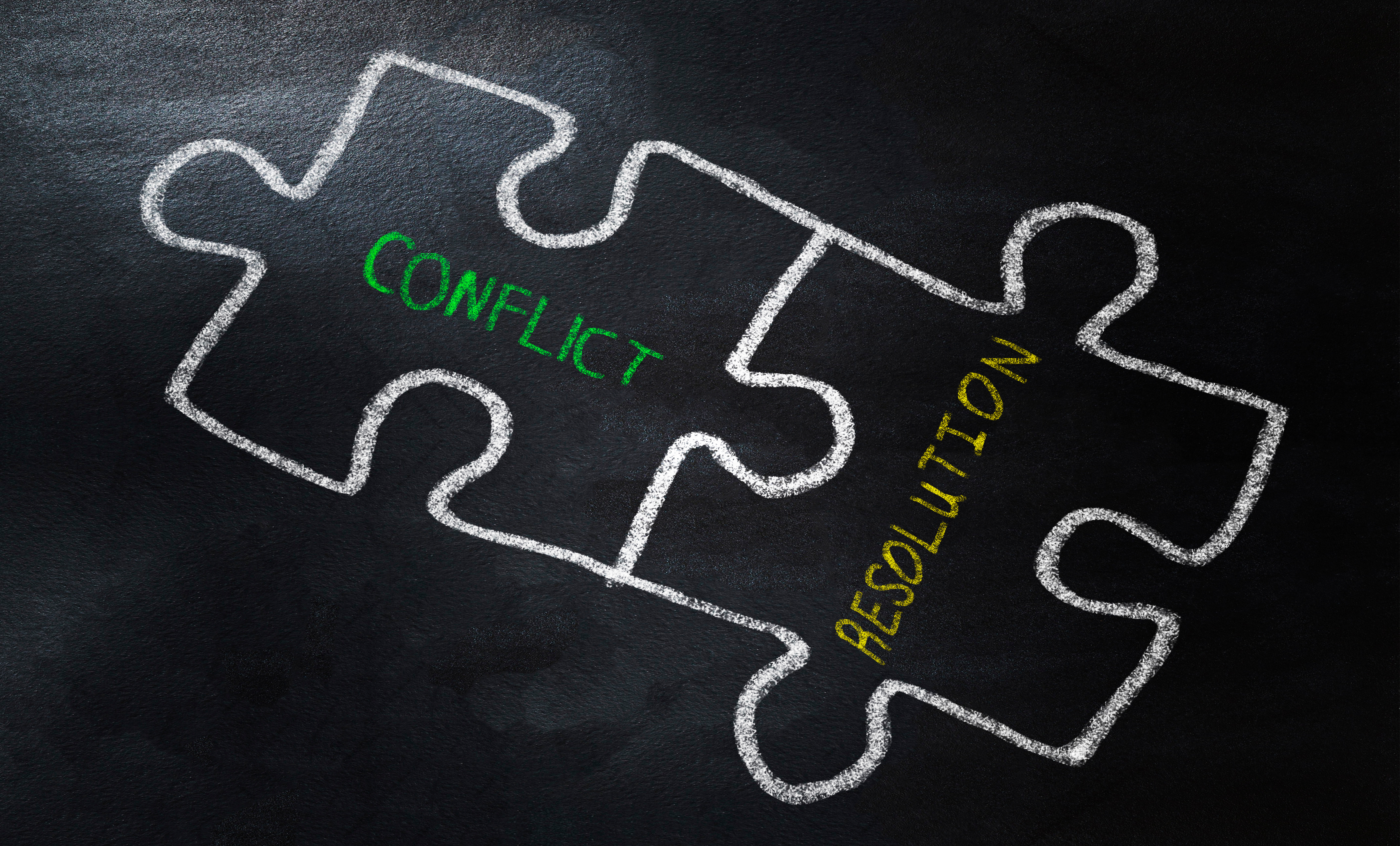When people interact, conflict is a natural result. Healthy families have disagreements, friends don’t always see eye-to-eye. In the workplace, this kind of tension appears in the form of organizational conflict. Organizational conflict can arise due to differences in work styles, communication styles, values, expectations, or interests.
While many people view conflict as a negative force that can undermine productivity and morale, it can also be a necessary driver of change, growth and innovation. Without conflict, it’s impossible to know what should be changed or can be improved. Understanding the place conflict has in human interaction and progress is essential to becoming an effective mediator.
Organizational Conflict: What It Is?
At its core, conflict is a form of disagreement that occurs when two or more parties’ interests, needs, or desires are incompatible with each other. Organizational conflict refers to the disagreements and tensions that occur within a workplace or between different organizations.
Conflict within an organization can manifest in many ways, such as disputes, grievances, complaints, or even violence. In the workplace specifically, conflict may look like differing goals, personal or professional differences, or resource allocation. Managing this kind of conflict takes a kind of person who can see past differences and harness constructive conflict for good.
The Importance of Conflict Management
Conflict isn’t always bad. In fact, conflict can be a healthy and productive force when managed effectively. By encouraging constructive conflict, organizations can harness the diversity of perspectives, skills, and experiences of their employees to drive innovation and creativity.
Effective organizational conflict management can also help to build trust, strengthen relationships, and improve teamwork, communication, and decision-making. You can learn to master conflict management for a variety of situations with a conflict resolution degree.
What is a Conflict Resolution Degree?
A degree in conflict resolution studies provides students with the theoretical background, skills, and practical tools to manage conflict effectively in a variety of settings. Conflict resolution programs are designed to teach students how to identify, analyze, and resolve conflicts in a peaceful and productive manner.
The Path to Conflict Specialization: Master's in Conflict Management and Resolution
A Master's in Conflict Management and Resolution (MSCMR) is the perfect next step for those seeking a more specialized understanding of the field. The MSCMR degree program at Kroc School of Peace Studies empowers students to develop advanced knowledge and skills in the field of conflict resolution, providing opportunities for specialized training in various areas.
The MSCMR program is the #3 nationally ranked negotiation and conflict management master’s and offers a comprehensive curriculum that can enable students to learn the skills necessary to expertly navigate intra-societal conflicts at the individual, workplace, community, national and international levels.
Through a curriculum that emphasizes experiential learning, students of peace studies and conflict management learn multiple approaches to effectively manage and resolve conflict, graduating with a readiness to transform conflict into positive change through conflict analysis, intervention design, negotiation, mediation and facilitation and dialogue.
Unlock Careers in Mediation and Conflict Resolution
A conflict resolution degree can lead to a wide range of career opportunities in various fields, including law, business, government, healthcare, education and non-profit organizations. Positions in mediation and conflict resolution may include mediator, arbitrator, negotiator, ombudsman, facilitator, or conflict coach.
Kroc School MSCMR graduates have a global impact through their careers in the public and private sectors, as well as intergovernmental organizations and nonprofits. Learn more about the MSCMR program through the lens of recent alumni.
By pursuing our MSCMR degree, you can be part of this growing field and contribute to building more peaceful, equitable, and inclusive work environments.
Build Bridges and Harness Conflict for Good with a Conflict Mediation Degree
By investing in conflict resolution training and education, you will develop the skills to foster a culture that encourages constructive conflict and views conflict as a necessary catalyst for positive change. Together, we can transform conflict into an opportunity for growth and create organizations that thrive on diversity of thought and promote collaboration, productivity, and innovation and allow individuals to contribute their skills in more harmonious and collaborative environments.
Want to learn more about our Master’s Degree in Conflict Management and Resolution program? Explore our guide, “How Peace and Conflict Studies Make You a Top-Tier Job Candidate: Exploring the Field of Conflict Management and Resolution.”
If you are interested in conflict management education without the commitment of a master’s degree, we encourage you to explore Kroc School’s Mediation and Conflict Resolution Certificate.

About the Author
The Joan B. Kroc School of Peace Studies (Kroc School) at the University of San Diego is the global hub for peacebuilding and social innovation. Founded in 2007, the Kroc School equips the next generation of innovative changemakers to shape more peaceful and just societies. We offer master's degrees in peace and justice, social innovation, humanitarian action, conflict management and resolution, and a dual degree in peace and law — programs that have attracted diverse and dynamic students from more than 50 countries. In addition to our graduate programs, the Kroc School is home to the Kroc Institute for Peace and Justice (Kroc IPJ). Founded in 2001, the Institute supports positive change beyond the classroom. Through groundbreaking research, experiential learning, and forward-thinking programs, the Kroc School and Kroc IPJ are shaping a future in which peaceful co-existence is the new normal.










